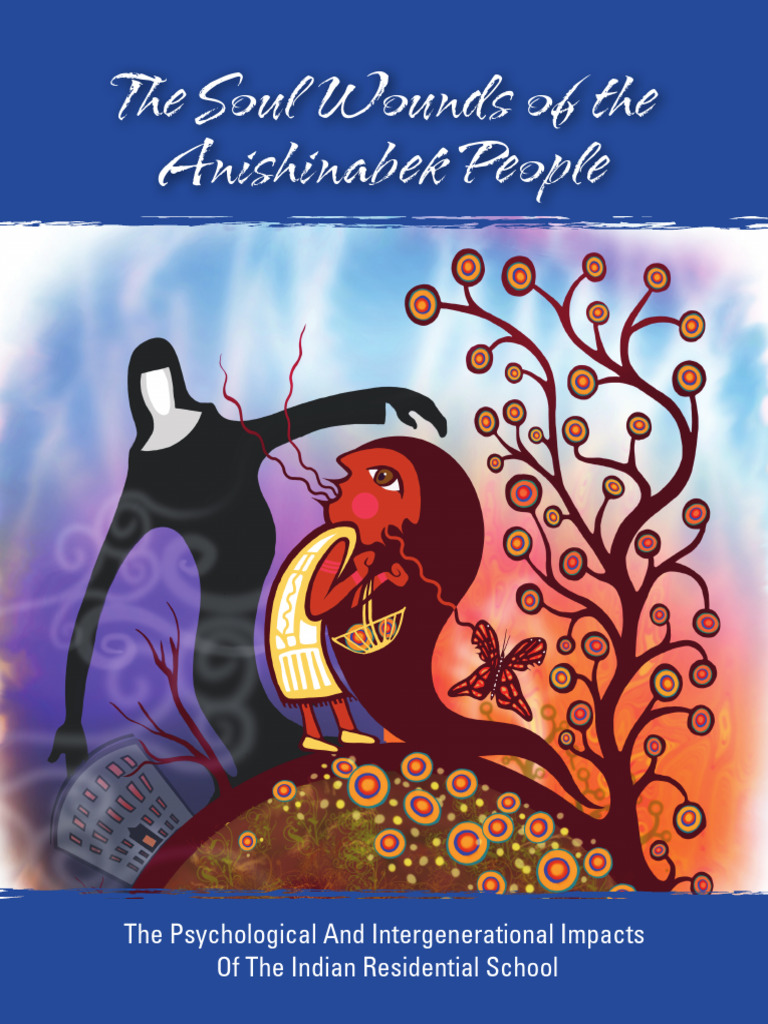The intersection of faith, freedom, and psychological well-being is a tantalizing tapestry woven through the tenets of the Bahá’í teachings and the profound insights of Dr. Martin Luther King Jr. At the axis of these realms lies an exploration of the psychological wounds that accompany the struggle for freedom. The teachings of the Bahá’í Faith provide an illuminating framework through which to examine these wounds, underscoring the intrinsic connection between spiritual evolution and psychological healing.
Dr. King, in his seminal work, elucidated the psychological ramifications of oppression. He poignantly articulated how systemic inequality engenders emotional and mental suffering, which manifests as both individual and collective trauma. The Bahá’í teachings complement this examination by offering a vision of unity and peace, positing that true freedom is inevitably linked to the health of the soul and the sanctity of human relationships.
One of the first tenets to consider is the concept of unity in diversity. The Bahá’í principle underscores the importance of acknowledging individual differences while striving for a harmonious collective. In the context of psychological wounds incurred through oppression, it becomes evident that acknowledging these differences can serve as a pathway toward healing. Dr. King emphasized that the struggle for civil rights was not merely a political endeavor but a moral crusade, rooted in the dignity of every human being. By embracing unity, individuals begin to transcend their pain and contribute meaningfully to the collective healing process.
Equally pivotal is the Bahá’í teaching surrounding the transformative power of love. Dr. King famously espoused the concept of ‘agape’ love—the selfless, unconditional love for others, even in the face of hatred. Herein lies an invaluable insight: psychological wounds of freedom may be ameliorated through acts of love and compassion. These acts serve to dismantle walls of separation, enabling individuals to recognize their shared humanity. The reciprocal nature of relationships reinforces the idea that healing is not a solitary journey but is enriched through communal support and empathy.
Another salient point is the role of education in fostering psychological resilience. The Bahá’í Faith places immense emphasis on the acquisition of knowledge as a tool for empowerment. Dr. King also recognized education as a catalyst for liberation, arguing that it allows individuals to transcend circumstances that might otherwise degrade them. The synthesis of these viewpoints illuminates the notion that freedom isn’t merely the absence of oppression but encompasses mental and emotional independence. By empowering individuals through education, a ripple effect ensues, promoting mental well-being as communities coalesce around shared knowledge.
Moreover, the Bahá’í assertions regarding the unity of mankind also resonate profoundly with the psychological implications of trauma. Collective trauma often permeates communities, leading to intergenerational psychological wounds. Dr. King articulated the significance of community solidarity in overcoming such traumas. Recognizing our interconnectedness, as emphasized by Bahá’í teachings, fosters an environment conducive to healing. It suggests that repairing the psychological fabric of society involves collective action and an acknowledgment of shared wounds.
In exploring the types of psychological wounds born out of struggles for freedom, one must also consider the impact of emotional disenfranchisement. Individuals marginalized by social systems endure not only social disparities but also emotional scars characterized by feelings of worthlessness and despair. Bahá’í teachings advocate for the intrinsic value of each soul, presenting a counter-narrative to the crippling effects of oppression. Dr. King’s insights reinforce this, as he advocated for the recognition of every individual’s dignity as a way to mitigate the psychological afflictions of disenfranchisement.
In parallel, the concept of justice, as articulated within Bahá’í philosophy, presents a framework for addressing these psychological wounds. Justice, in this context, involves both retributive and restorative measures. Dr. King eloquently highlighted justice as a crucial prerequisite for peace—underscoring that without addressing historical grievances, deep psychological wounds will remain unhealed. The Bahá’í notion of justice advocates for a process through which healing can occur by acknowledging past wrongs while actively working towards a more equitable future.
Furthermore, Dr. King’s emphasis on nonviolence as a means of social change aligns remarkably with Bahá’í teachings regarding the power of peaceful action. Psychological wounds are often exacerbated by cycles of violence; thus, the commitment to nonviolence serves as a profound act of resistance against perpetuating further trauma. The potent combination of love, justice, and nonviolence creates a holistic approach to healing individual and collective wounds—one that promotes psychological emancipation through reconciliation rather than retaliation.
In conclusion, the psychological wounds resultant from the pursuit of freedom emerge as complex and multifaceted. The interplay between Dr. King’s insights and Bahá’í teachings offers a robust framework through which to examine the nuances of these wounds. Unity, love, education, justice, community, and nonviolence coalesce into a tapestry of healing that underscores the imperative of addressing psychological well-being in the context of sociopolitical struggle. By embracing these principles, individuals and communities can navigate the labyrinth of trauma towards a profound, collective liberation—one characterized by healing, connection, and universal peace.
